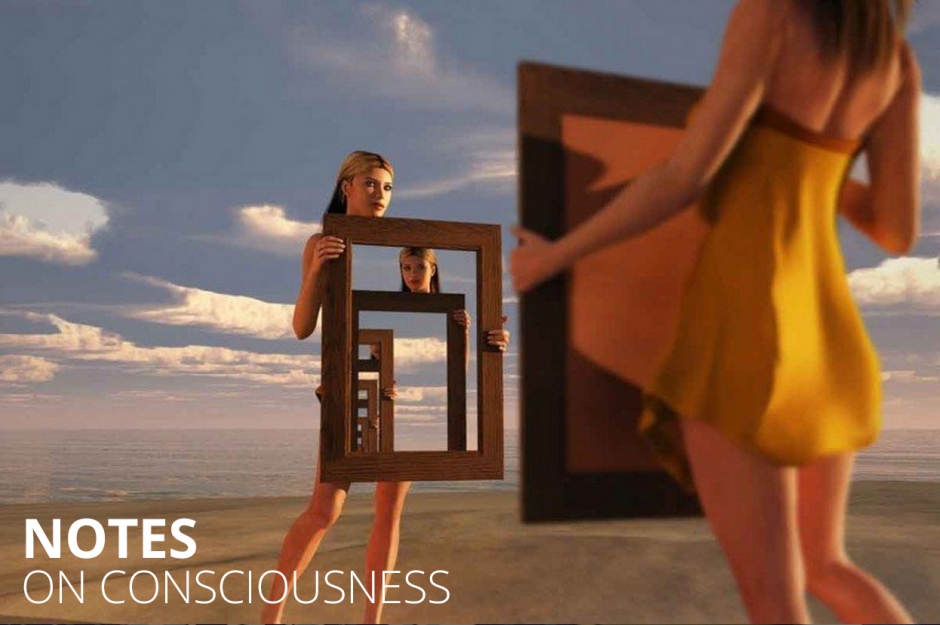The power of observation or lack of it fascinates Paula Goode, particularly the ability of nurses to notice changes in their patients
There is a plethora of research into the subject of taking accurate observations. In the case of assessing children displaying various levels of consciousness, nurses did not seem to reliably agree with each other, at least not independently. To short a long story, irrespective of the training, overall, nurses did not agree with each other in the assessments of these complex patients. What was clear in observing this phenomenon at play in clinical practice was that they liked a reference point, the opinion of another nurse. The downside of this, is that without the ability to make independent judgements and assessments of situations, we are heavily reliant on those around us to give us our opinions at any moment in time and this can relate to just about anything. We are also heavily reliant on our reference point being right.
SIXTH SENSE
Nurses use observation tools, but the wisdom of the nurse tells them more. They develop a sense of knowing, what feels right and what doesn’t. Some people call this intuition or sixth sense.
This applies to just about anything, not just to observing sick patients.
A wise nurse can feel there is something wrong before it can be measured, named or seen in a fully articulated way. They instinctively know and can be so confident about this that they don’t need an experienced doctor to tell them whether there is or isn’t a problem with a patient.
Patricia Benner wrote about this in 1984 in From Novice to Expert:
Excellence and Power in Clinical Nursing Practice. The reason for sharing this experience stems from the continued observation that humans are extremely externally referenced.
We take our previous experiences of life and use them as a reference point for future decisions. If we have people we trust in our life we can sometimes use their reference points too, but in general we hang out with like-minded people.
This means that we can develop a limited consciousness about why things aren’t quite how we want them – it’s our blind spot.
Much of the sphere of personal self-development recognises this, yet the phenomenon is difficult to measure as it’s so subjective. We just seem to know it’s true. The reality is that it feels safer being externally validated by others and having our opinions affirmed by people who share the same beliefs as us.
Interestingly, when we are stuck we seek out coaches and experts who can help us shake up lifelong beliefs. It’s why people don’t always reach their full potential or live the life they daydream about.
Transformation can be uncomfortable, it doesn’t always mean hanging out with people who share your views and map of the world. Who wants to know they’ve been carrying the wrong map and that they may have been travelling in the wrong direction? Who wants to know that the thoughts that keep them in their comfort zone also keep them from success? Keep on doing what you’ve always done and you’ll keep getting the same result.
There’s huge mileage in the view that hanging out with or modelling yourself against people who have achieved more success in an aspect of their life than you have, whether business or personal, we can learn more about how to get there. There’s something about being conscious about whom we learn from and whom we seek advice from.
In summary, if you are going to be externally referenced, be sure to seek out those people who have demonstrated mastery in the field that is specific to your needs.
To return to the medical world, in the case of a nurse, don’t ask a junior doctor about the care of a critically ill patient. If you need advice on how to write a book, ask an author who has written a bestseller. Or, if you want to run a prosperous business, take counsel from someone who has done precisely that themselves.
If you want a loving relationship, don’t take counsel from an unhappily married friend. The method applies to all aspects of life. The question is, how will you live yours?




